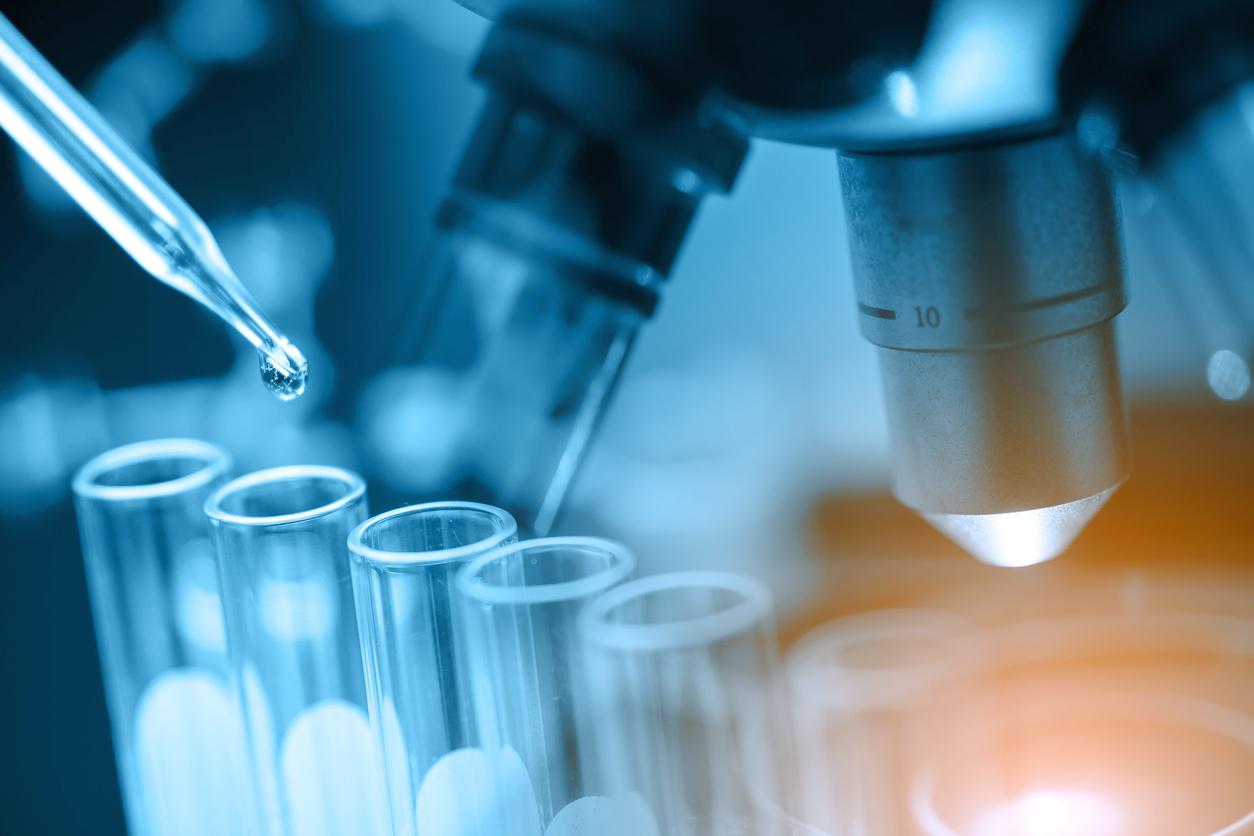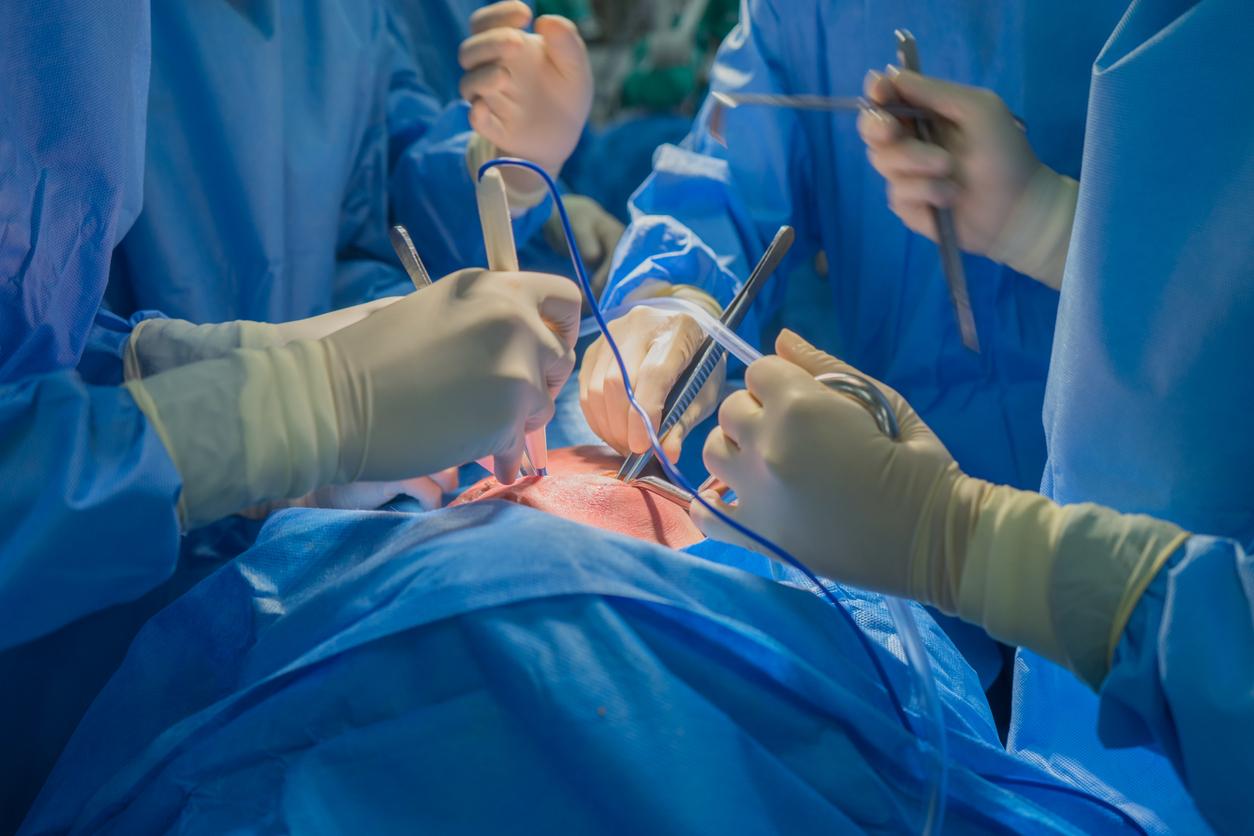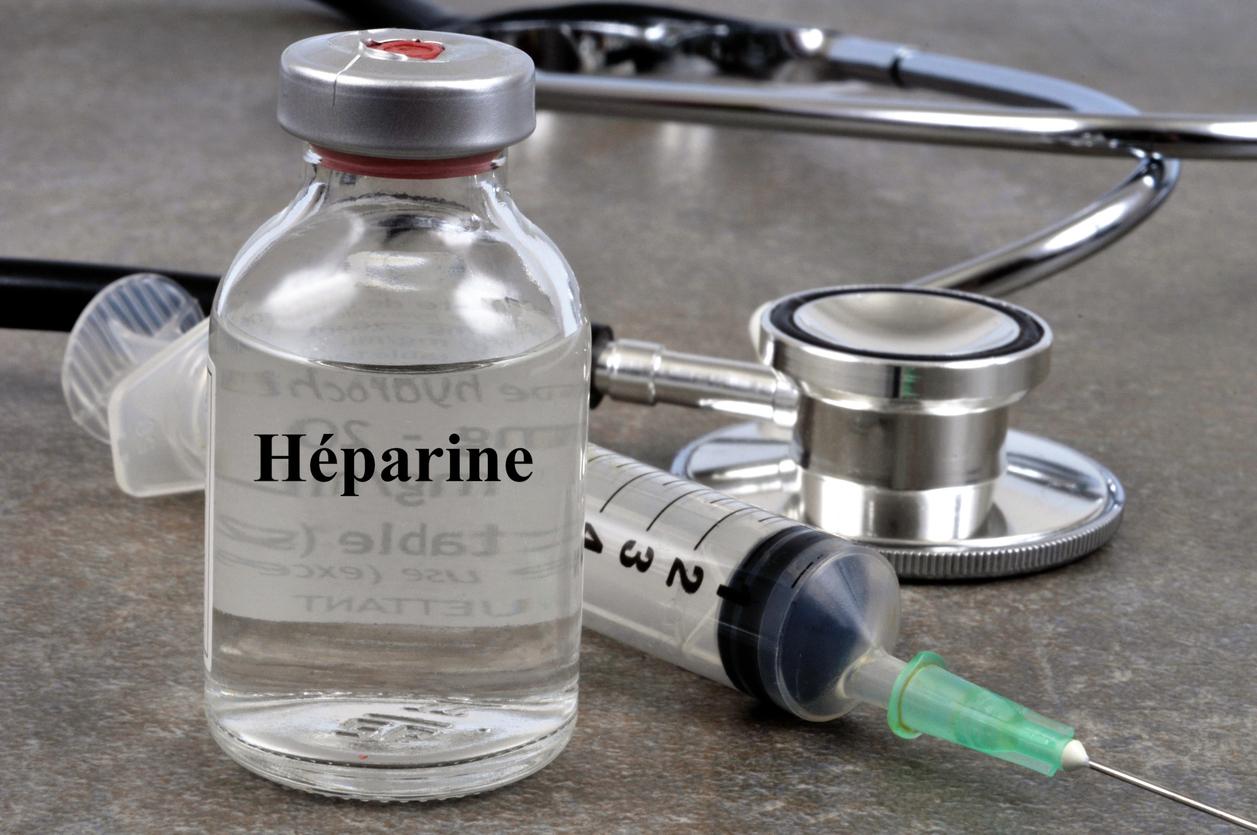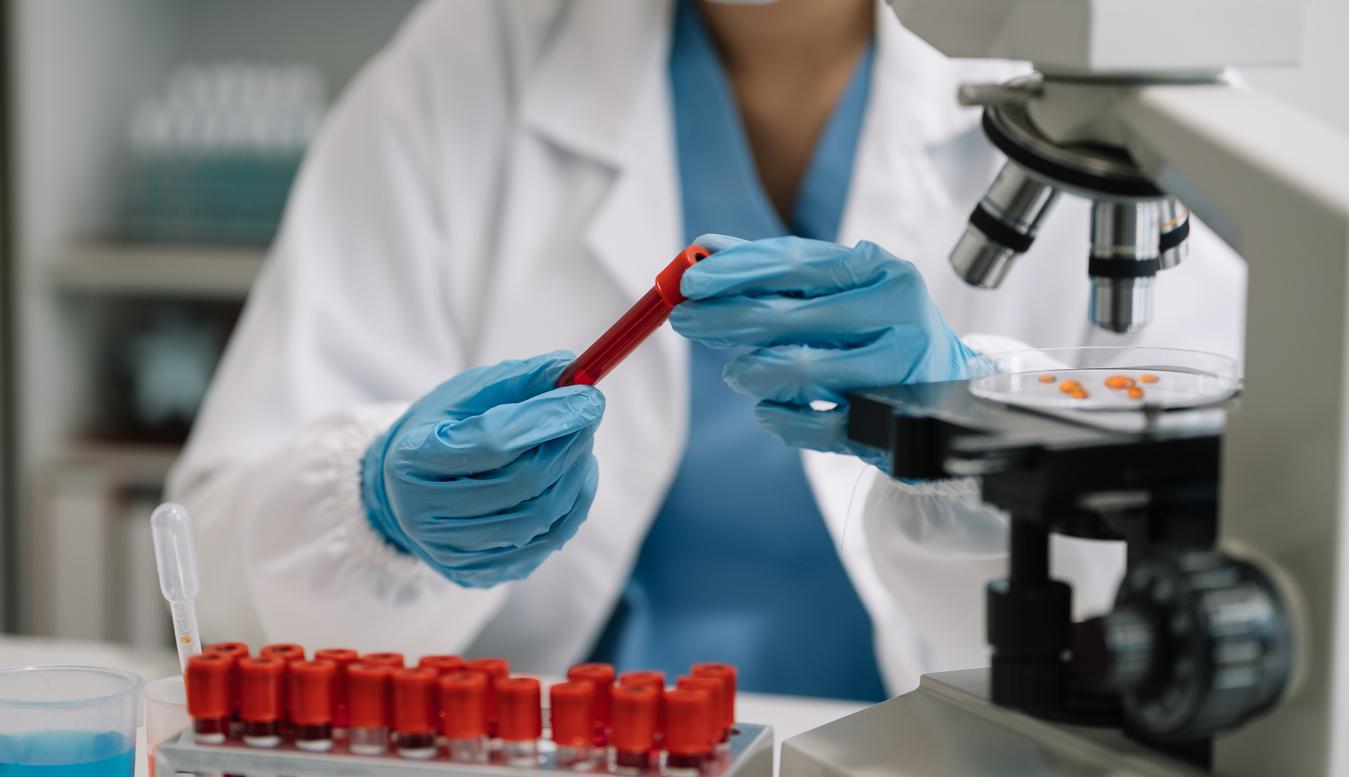After having first been rejected, the new scientific study by Professor Gilles-Eric Séralini has finally just been published this Thursday, July 2 by the journal Plos One. Very controversial within the scientific community, this researcher had published in 2012 a study on the dangers of genetically modified organisms (GMOs) in laboratory rats, which had received overwhelming criticism from his peers.
In this new study, the researcher and his team analyzed the food intended for rats laboratory, in particular to find out why the control rats used in the 2012 work had developed tumors in the same way as the rats fed on GMOs. At the time, scientists, experts from Monsanto and health agencies rejected this study, claiming that the rat species chosen had a natural tendency to develop cancer.
But for Gilles-Eric Séralini, there is no doubt that these tumors developed in control individuals are due to their diet rich in carcinogenic products, and this is what he wanted to prove in his new publication. . In the 13 kibble samples usually given to laboratory rats, the University of Caen team found 262 pesticides different, 4 heavy metals, 17 dioxins, 18 PCBs (polychlorinated biphenyls, classified as probable carcinogens) and no less than 22 GMOs. In addition, 9 of the 13 samples tested contained glyphosate, the famous RoundUp marketed by Monsanto, and 11 contained at least traces of GMOs.
According to the study, these compounds are present in concentrations well above the acceptable daily intakes in food intended for humans. The authors measured 22 times the daily dose for the insecticide pirimiphos-methyl and 3700 times the dose for glyphosate. These potentially toxic substances are therefore present “at levels likely to cause serious pathologies and disrupt the hormonal or nervous system of animals”, assures the team.
The authors of the study therefore believe that these food contaminants could explain the large number of tumors observed both in the control group and in the rats fed with GMO. If we are to believe Professor Gilles-Eric Séralini, all the regulatory tests carried out to demonstrate the harmlessness of GMOs and chemicals would therefore be distorted, because of the diet of rats. He therefore calls for the establishment of a diet virgin of pollutants and GMOs for the laboratory rats used in this kind of study. It remains to be seen how the scientific community, Monsanto experts and health agencies will react to this new publication.
Read also :
Professor Séralini republishes his shock study on GMOs
Apples, a fruit loaded with pesticides?
Very young, rats already have the notion of time
















